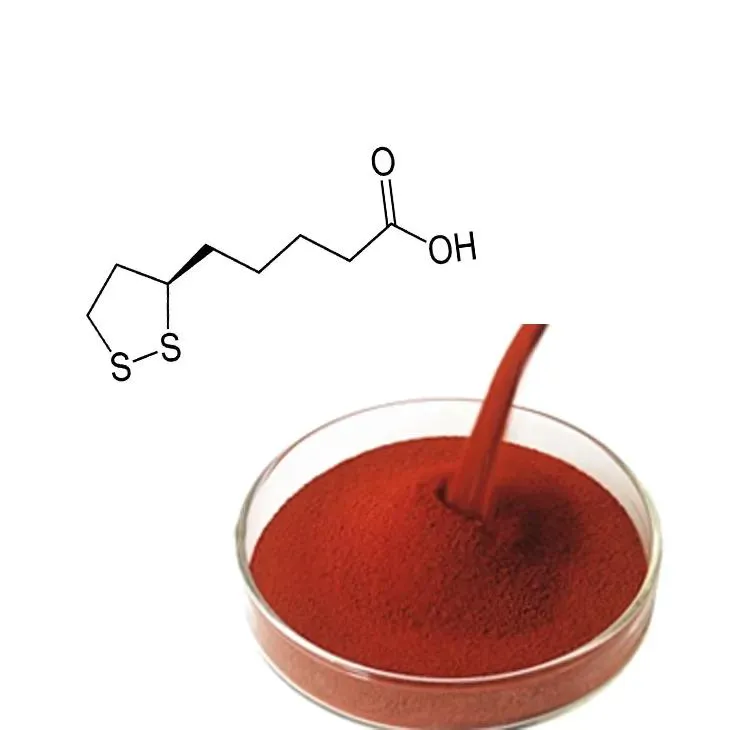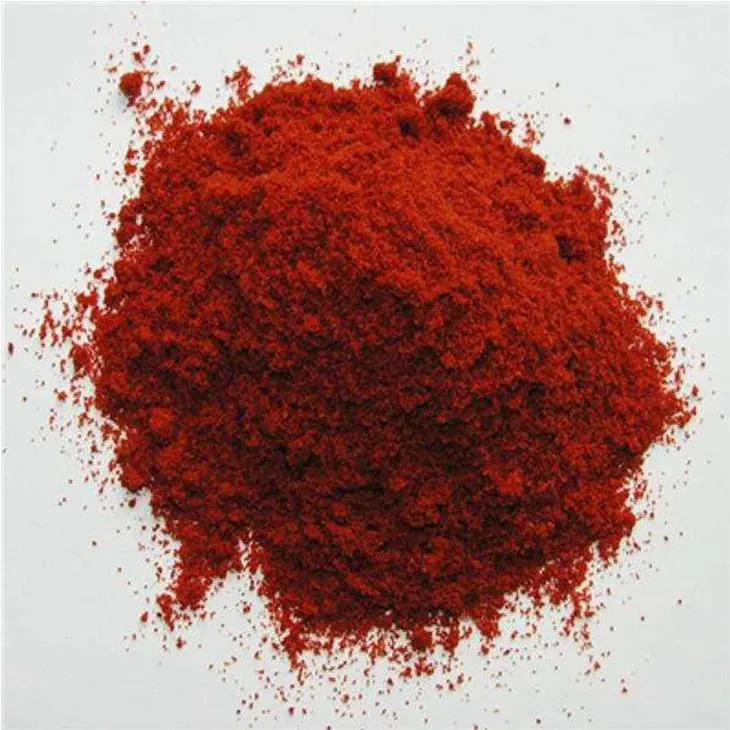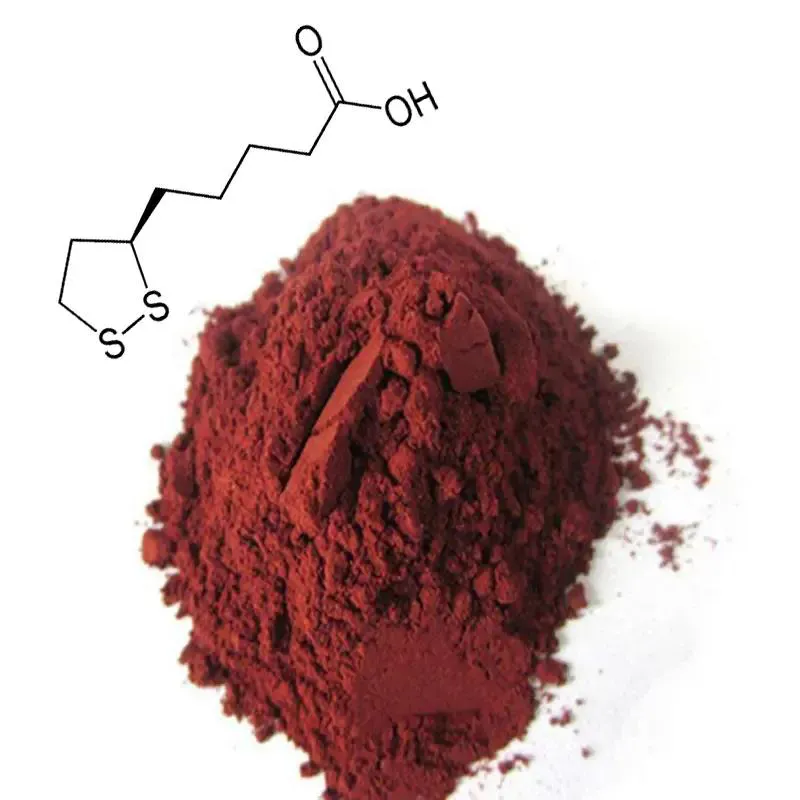- 0086-571-85302990
- sales@greenskybio.com
The Most Highly - Praised Astaxanthin.
2024-11-28

Introduction to Astaxanthin
Astaxanthin is a remarkable carotenoid pigment that has been drawing significant attention in the health and wellness community. It is a naturally occurring compound found predominantly in certain marine organisms, with shrimp being one of the well - known sources. In recent years, it has become available in supplement form, making it more accessible to those interested in reaping its potential health benefits.

The Power of Astaxanthin's Antioxidant Properties
One of the key factors contributing to astaxanthin's high acclaim is its extraordinary antioxidant potency. Antioxidants play a vital role in our bodies by neutralizing harmful free radicals, which are unstable molecules that can cause damage to our cells. Astaxanthin stands out in this regard as its antioxidant ability far surpasses that of other common antioxidants such as vitamin C and vitamin E.
Free radicals are generated through various processes in our bodies, including normal metabolism, exposure to environmental pollutants, and radiation. If left unchecked, they can lead to a wide range of health problems, including premature aging, chronic diseases, and a weakened immune system. Astaxanthin's potent antioxidant activity helps to counteract these harmful effects, acting as a powerful shield to protect our cells from oxidative stress.

Astaxanthin and Eye Health
Astaxanthin has shown great promise in the field of eye health. The eyes are particularly vulnerable to oxidative damage due to their high oxygen consumption and exposure to light. As we age, the risk of developing eye conditions such as age - related macular degeneration (AMD) and cataracts increases.
Studies have indicated that astaxanthin can play a crucial role in preventing these age - related eye diseases. It is believed to work by protecting the cells in the retina from oxidative stress, reducing inflammation, and improving blood flow to the eyes. For example, in some research, astaxanthin has been shown to accumulate in the macular region of the eye, where it can act as a natural filter against harmful blue light and oxidative damage.
Moreover, astaxanthin may also help in improving visual acuity and reducing eye fatigue. This makes it potentially beneficial for those who spend long hours in front of digital screens or have jobs that require intense visual concentration.

Astaxanthin's Impact on the Immune System
A strong immune system is the body's first line of defense against infections and diseases. Astaxanthin has been found to have a positive impact on the immune system, making it an important compound for overall health.
One of the ways astaxanthin affects the immune system is by modulating the immune response. It helps to balance the immune system, ensuring that it responds appropriately to threats without over - or under - reacting. This modulation can enhance the body's ability to fight off infections, whether they are caused by bacteria, viruses, or other pathogens.
Furthermore, astaxanthin has been shown to have anti - inflammatory properties within the immune system. Chronic inflammation can weaken the immune system and is associated with many diseases. By reducing inflammation, astaxanthin can help to keep the immune system functioning optimally.
Astaxanthin and Cardiovascular Health
Cardiovascular health is of utmost importance, and astaxanthin has been associated with several benefits in this area. One of the main concerns in cardiovascular health is the level of cholesterol, particularly low - density lipoprotein (LDL) cholesterol, often referred to as "bad" cholesterol.
Astaxanthin may help in reducing LDL cholesterol levels. High levels of LDL cholesterol can lead to the formation of plaques in the arteries, which can restrict blood flow and increase the risk of heart attacks and strokes. By lowering LDL cholesterol, astaxanthin can contribute to a healthier cardiovascular system.
In addition to its effect on cholesterol, astaxanthin also improves blood circulation. It does this by helping to relax and dilate blood vessels, allowing for better blood flow throughout the body. Improved blood circulation not only reduces the risk of cardiovascular problems but also has other benefits, such as enhancing the delivery of oxygen and nutrients to cells and tissues.
How Astaxanthin is Absorbed and Utilized in the Body
Understanding how astaxanthin is absorbed and utilized in the body is crucial for maximizing its potential benefits. When astaxanthin is consumed, either through food sources or supplements, it is first absorbed in the small intestine.
However, the absorption of astaxanthin can be affected by several factors. For example, the presence of dietary fat can enhance its absorption. This is because astaxanthin is a lipid - soluble compound, and it requires fat for proper absorption. Therefore, it is often recommended to take astaxanthin supplements with a meal that contains some fat.
Once absorbed, astaxanthin is distributed throughout the body via the bloodstream. It has a particular affinity for certain tissues, such as the eyes, skin, and immune cells, where it exerts its beneficial effects. The body's ability to utilize astaxanthin also depends on factors such as individual metabolism and overall health status.
The Source and Quality of Astaxanthin Supplements
With the increasing popularity of astaxanthin supplements, it is important to consider the source and quality of these products. There are different sources of astaxanthin used in supplements, with the two main types being natural and synthetic.
Natural astaxanthin is typically derived from microalgae or certain marine organisms. It is considered to be of higher quality as it contains other beneficial compounds and has a more natural composition compared to synthetic astaxanthin. Some of the best - known sources of natural astaxanthin include the microalgae Haematococcus pluvialis.
When choosing an astaxanthin supplement, it is essential to look for products that are made from high - quality sources. Look for supplements that are third - party tested for purity and potency. Additionally, consider the dosage form and any additional ingredients in the supplement. Some supplements may contain other nutrients or compounds that can enhance the absorption or effectiveness of astaxanthin.
Potential Side Effects and Precautions
While astaxanthin is generally considered safe for most people, there are some potential side effects and precautions to be aware of. In some cases, people may experience mild gastrointestinal symptoms such as nausea, diarrhea, or stomach cramps when taking astaxanthin supplements.
If you are pregnant or breastfeeding, it is advisable to consult a healthcare provider before taking astaxanthin supplements. Although there is no conclusive evidence of harm, it is always best to err on the side of caution. Additionally, if you have a pre - existing medical condition or are taking medications, it is important to check with your doctor to ensure that astaxanthin will not interact with your treatment.
Conclusion
In conclusion, astaxanthin is a truly remarkable compound with a wide range of potential health benefits. Its powerful antioxidant properties, along with its positive effects on eye health, the immune system, and cardiovascular health, make it a highly - praised substance in the field of natural health. However, it is important to choose high - quality astaxanthin supplements and be aware of any potential side effects or precautions. With proper use, astaxanthin has the potential to contribute to overall health and well - being.
FAQ:
What is astaxanthin?
Astaxanthin is a carotenoid pigment. It is found in some marine organisms such as shrimp and is also available in supplement form.
Why is astaxanthin highly praised?
It is highly praised mainly because of its antioxidant potency which is much stronger than common antioxidants like vitamin C and E. It also has benefits for the eyes, immune system and cardiovascular health.
How does astaxanthin protect the eyes?
Studies suggest that astaxanthin can help prevent age - related macular degeneration and cataracts, thus playing a crucial role in protecting the eyes.
What is the impact of astaxanthin on the immune system?
Astaxanthin can modulate the immune response, making it more effective, which is very important for fighting off infections and diseases.
How is astaxanthin related to cardiovascular health?
Astaxanthin may help in reducing bad cholesterol levels and improving blood circulation. This can reduce the risk of heart attacks and strokes.
Related literature
- Astaxanthin and its Potential Health Benefits"
- "The Role of Astaxanthin in Antioxidant Defense and Human Health"
- "Astaxanthin: A Promising Nutraceutical for Cardiovascular Health"
- ▶ Hesperidin
- ▶ Citrus Bioflavonoids
- ▶ Plant Extract
- ▶ lycopene
- ▶ Diosmin
- ▶ Grape seed extract
- ▶ Sea buckthorn Juice Powder
- ▶ Fruit Juice Powder
- ▶ Hops Extract
- ▶ Artichoke Extract
- ▶ Mushroom extract
- ▶ Astaxanthin
- ▶ Green Tea Extract
- ▶ Curcumin
- ▶ Horse Chestnut Extract
- ▶ Other Product
- ▶ Boswellia Serrata Extract
- ▶ Resveratrol
- ▶ Marigold Extract
- ▶ Grape Leaf Extract
- ▶ New Product
- ▶ Aminolevulinic acid
- ▶ Cranberry Extract
- ▶ Red Yeast Rice
- ▶ Red Wine Extract
-
Okra Extract
2024-11-28
-
Mango flavored powder
2024-11-28
-
Scutellaria Extract
2024-11-28
-
Lemon Balm Extract
2024-11-28
-
Citrus Aurantii Extract
2024-11-28
-
Thunder God Vine Extract
2024-11-28
-
Tinospora cordifolia extract
2024-11-28
-
Longan Extract
2024-11-28
-
Pine bark Extract Powder
2024-11-28
-
Almond Extract Powder
2024-11-28





















